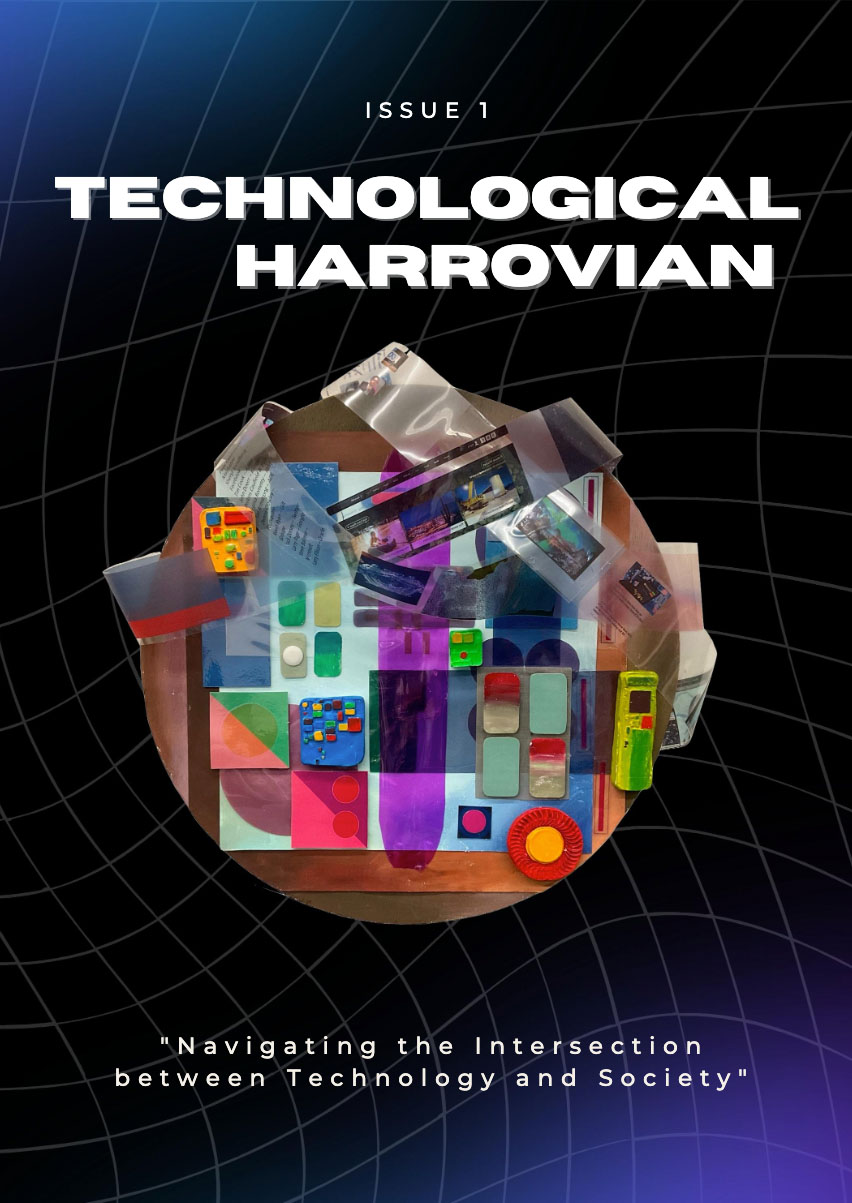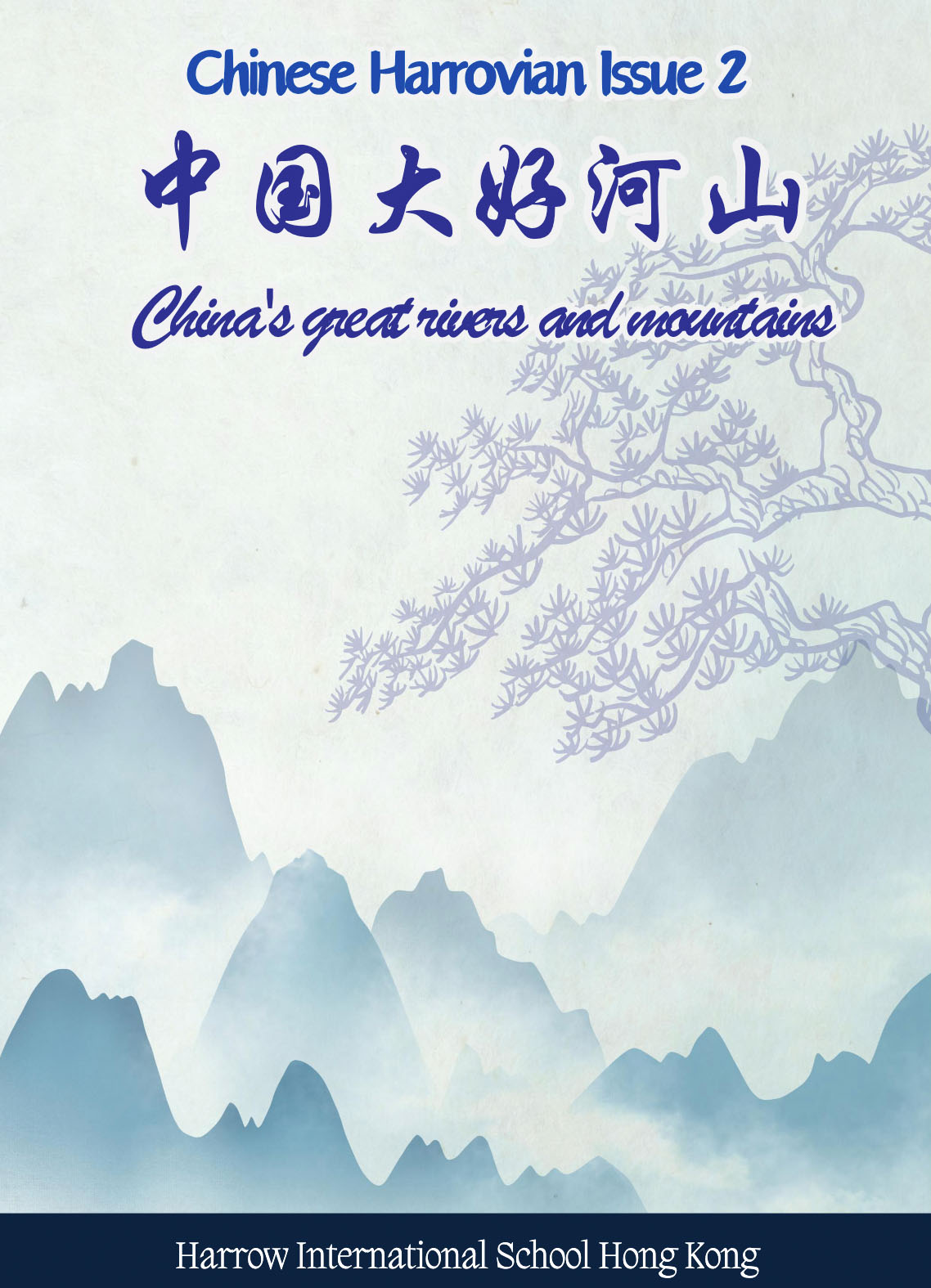What is life like at an international school?

If you are a student or a parent of a child who is moving to another country and will be studying at an international school, there will no doubt be a great deal of apprehension regarding the change. Life at an international school is undoubtedly different, but most students find that most differences are positive, and they will find the entire experience life-changing.
As the leading international school in Hong Kong, we endeavour to help pupils develop academically and as people, opening opportunities to achieve their potential. It should be anticipated that most children find the change challenging at first, and this is natural as for many, they will be faced with needing to make a new group of friends and adapt to life in a new country. However, we have a strong support network to help students to settle as quickly as possible.
A mix of cultures
One of the best things from a student’s point of view is the opportunity to mix with other students from a vast range of countries and cultures. It broadens their horizons, makes them more open-minded and tolerant, and sets them up perfectly for whatever they want to do in the future. Most students form friendship groups that will include children from different countries, religions and ethnic backgrounds, and this blend is something that we try to promote so that students learn to be more inclusive.
Bullying is very rare
Students at international schools tend to form long-lasting friendships that they retain throughout their lives. Pupils mix both in and out of school to a greater degree than what they may do in their “home” countries. As such, everyone is closer and more accepting, and this leads to bullying being almost nonexistent. Of course, the school also takes a very dim view on bullying of any form, so students are aware from their first day that it is not something that is tolerated and invariably, this helps them to relax and settle quicker.
Mix with different age groups
At an international school, students of all ages tend to mix to a more considerable extent than what they do elsewhere. Once again, this helps them interact on different levels with people of all ages, both in and out of the school environment. For older students, having the skill to relate and talk to all age groups gives them far more self-confidence, something that is noticeable when applying for university places and when entering the world of work.
Develop greater independence and self-confidence
One of the comments that we hear most frequently is that students are given more freedom and encouraged to be more independent and take more responsibility from a young age. While we aren’t under any illusion that some pupils find this more straightforward than others, the result in almost all cases is that they develop more self-confidence in all aspects of their lives. Heightened self-belief often results in student’s achieving their potential in and out of school, at university and in the workplace. It is widely accepted that increased self-confidence is a character trait of children who have attended an international school.
Better facilities
For the most part, the top international schools have far better facilities than schools, for example, in the UK. Of course, this is largely down to funding and more autonomy, but better facilities undoubtedly attract better teachers and improve the overall learning experience. Having the opportunity to learn in a world-class environment is something that students appreciate, and they recognise what a fantastic chance they have been presented with.
More extracurricular activities
The range of extracurricular activities that are available in international schools in Hong Kong is exceptional. It allows students to experience things that they may not be able to in their own countries and allow students to flourish in areas outside of the classroom. We organise an extensive range of sporting, artistic and scientific activities amongst many others. It will enable them to develop and tends to open the door to mixing with other likeminded people, which they may not have otherwise been able to do. Of course, for the students, this is often one of their favourite aspects of life at an international school.
Different attitudes towards work
Teachers coming to work at an international school for the first time are often surprised and delighted by the students’ attitude to work. Typically, students settle quickly in the lesson and are willing to learn, which obviously makes it an easier task for the teachers and improves lesson quality. The local students’ work ethic also rubs off on overseas pupils, and we have noticed that students who are badly behaved in classes are frowned upon by their peers. Achieving outstanding results is something to be proud of, and students are often encouraging of other students who may be finding some topics more challenging.
The downsides!
Of course, for balance, when looking at what life is like in an international school in Hong Kong, we should also look at the negatives. One of the most upsetting things for many pupils is when they or one of their friends moves to another country. Unfortunately, this is part and parcel of life, but often the bonds formed remain regardless of the geographical distance they may be apart.
Although it is a problem that we rarely experience, we are aware that some students, particularly those in their early teens, can find it challenging relating to other students who haven’t been to an international school. Returning to a state school in the UK, for example, where the facilities aren’t on the same level and attending classes where students are unruly and less willing to learn, can be tough. While we are doing everything to prepare students for this possibility, along with the fact that most students recognised that they have been privileged to attend an international school, we encourage parents to be aware of the potential for this problem.
Overall, students find life at an international school rewarding, and it builds great foundations for the rest of their lives.

 360° TOUR
360° TOUR 










